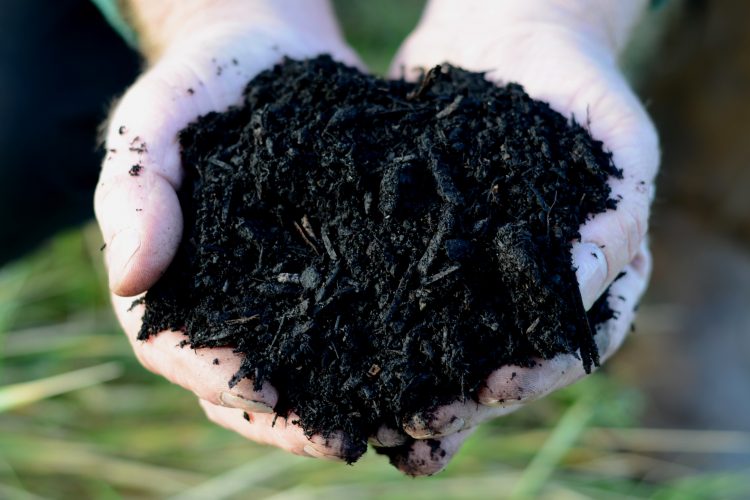Soil is your garden’s lifeline. Without it, you’ll be unable to grow grass, flowers or any fresh vegetables, and you won’t attract wildlife. To ensure that your soil is in top condition, there are a couple of tips and tricks to consider. Our experts at Field Compost have created this guide to taking care of your soil.

Mulching
Simply put, mulching is the practice of spreading a thick layer of compost or manure matter across your soil. This is beneficial as it acts as a natural compressor of weeds, stunting their ability to grow as well as acting as a shield against elements such as the sun and harsh winds, as both of these can damage plants. On top of this, mulching has the added benefit of providing plants with extra nutrients and improving the structure of the soil, increasing its resiliency and water retention abilities.
How should I mulch?
There’s no one way to mulch. Ideally, you should do it either in the spring or autumn months, with April being the most optimal time. Apply around 5 to 10cm worth of mulch around your plant beds. You don’t want to spread much more than this as you still want flower bulbs to be able to break through. Use your hands or a fork to apply, and afterwards, use a rake or a garden hoe to ensure that the coverage of your mulch is even. We recommend that you weed your beds and water them before you start to mulch.
What sort of mulch should I use?
Field Compost Ltd supply a number of professional quality mulch products; each designed for a specific purpose. Why not try our handy Product Finder to help choose the right product for the job in hand?
For more information on how to best care for your soil, feel free to contact a member of our team at Field Compost today.